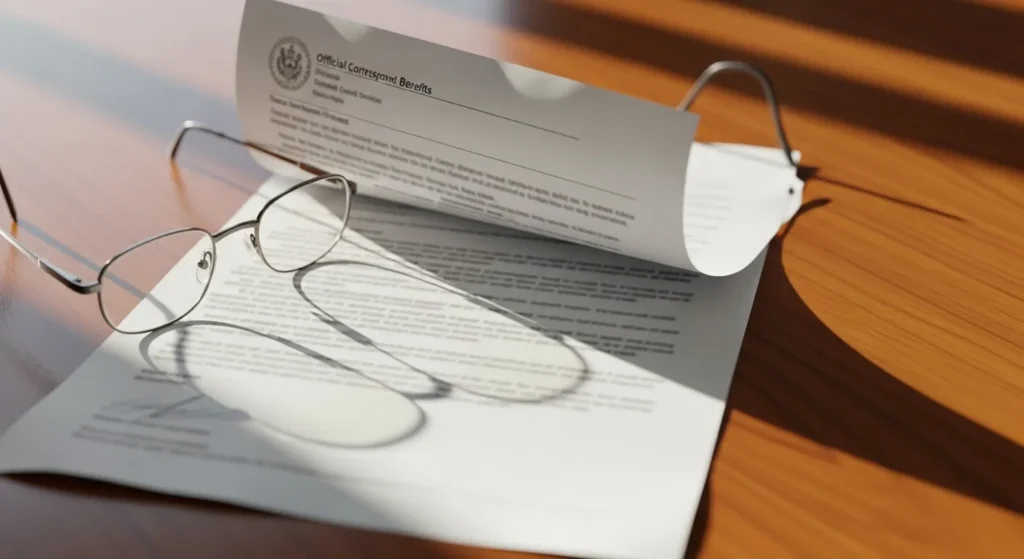
Frequently Asked Questions About Family Benefits
Navigating the specifics of Social Security can lead to many questions. Here are answers to some of the most common queries we receive about benefits for divorced spouses.
Question 1: Can I collect Social Security from my ex-spouse if they haven’t retired yet?
Answer: Yes, in many cases you can. This is a special provision that often surprises people. If your ex-spouse is eligible for benefits (meaning they are at least age 62) but has not yet started collecting them, you can still file for your divorced spouse benefit. The key condition is that you must have been divorced for at least two years. This rule allows you to access your benefits without having to wait for your ex-spouse to make their own retirement decision.
Question 2: Will my ex-spouse be notified when I apply for benefits on their record?
Answer: Yes, the Social Security Administration will likely notify your ex-spouse that a claim has been made on their record. This is a standard part of their process. It is another reason why it can be helpful, though not required, to have a brief, informative conversation with them beforehand. Reminding them that your claim does not reduce their benefit can prevent any surprise or concern on their part when they receive the notification.
Question 3: My marriage lasted 9 and a half years. Is there any exception to the 10-year rule?
Answer: Unfortunately, no. The 10-year marriage duration rule is one of the strictest requirements for divorced spouse benefits. The SSA defines the marriage period from the legal date of marriage to the date the divorce decree is officially finalized. Even if you are just a few days short of the 10-year mark, you will not be eligible for benefits on that ex-spouse’s record.
Question 4: I was in a same-sex marriage that was only legally recognized for a few years, but we were together for over a decade. Can I qualify?
Answer: This is a complex and evolving area of Social Security law. Generally, the SSA looks at the date of the legal marriage to determine if the 10-year requirement has been met. However, because marriage equality is relatively recent, the SSA has sometimes considered other factors. If you are in this situation, it is highly recommended that you contact the SSA directly to discuss the specifics of your case. Do not assume you are ineligible; it is always worth asking.
Question 5: What happens to my divorced spouse benefit if my own work record improves and my personal benefit becomes higher?
Answer: The Social Security system is designed to give you the highest benefit you are entitled to. If you are receiving a divorced spouse benefit and you continue to work, your own future retirement benefit will increase. If at any point your own benefit amount becomes higher than what you are receiving based on your ex-spouse’s record, the SSA will automatically switch you over to your own, larger benefit. You will not have to reapply or take any action; the adjustment is seamless.
Disclaimer: This article provides general information for educational purposes only and is not intended as financial or legal advice. Family situations can be complex; consult with a qualified professional for advice tailored to your needs.










